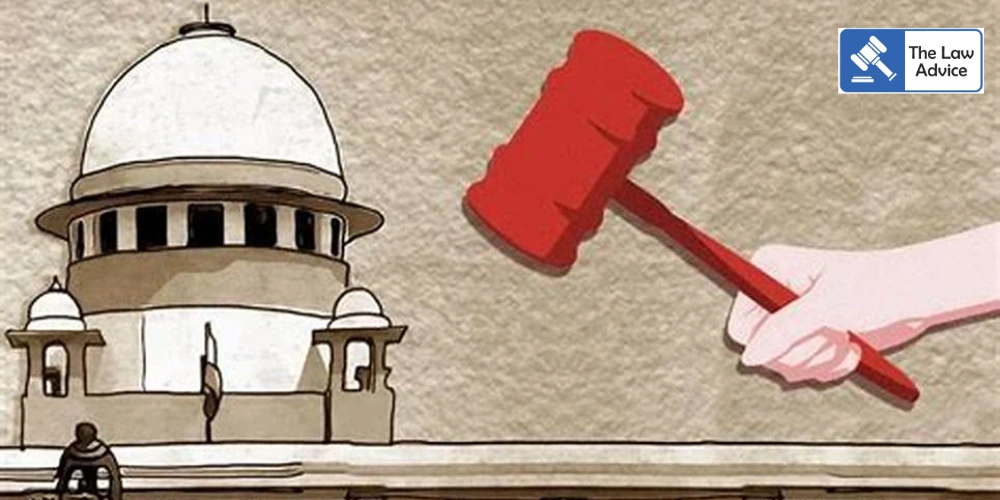
The Supreme Court of India has clarified that if a victim passes away during the pendency of an appeal filed against the acquittal of an accused, the victim’s legal heirs are entitled to step in and continue prosecuting the appeal.
A Division Bench of Justice B.V. Nagarathna and Justice K.V. Viswanathan ruled that the right of a victim to appeal under the proviso to Section 372 of the Code of Criminal Procedure (CrPC) cannot be rendered meaningless merely because the original victim or appellant is no longer alive. The Court emphasized that Parliament, by way of the 2009 Amendment to the CrPC, had conferred on victims an independent statutory right of appeal against orders of acquittal, and this right extends not only to the victim directly affected but also to his or her legal heirs under the expanded definition of “victim” in Section 2(wa) CrPC.
The case arose from an incident dating back to December 9, 1992, in which several persons were injured. Following the trial, the accused were acquitted. One of the victims (the deceased’s son) preferred an appeal against the acquittal. However, he died during the pendency of the matter. Subsequently, his own son—the grandson of the original deceased—moved an application seeking to be substituted in place of his late father in order to continue prosecuting the appeal.
The accused opposed the substitution by relying on Section 394(2) CrPC, which provides that “every other appeal” (except those filed by the State) abates on the death of the appellant. They argued that the proviso to Section 394(2) permits continuation of appeals by the relatives of a deceased convicted accused, but does not extend to appeals filed by victims. Hence, according to them, the appeal stood abated.
Rejecting this contention, Justice Nagarathna, writing for the Bench, held that such a restrictive interpretation would frustrate the very purpose of Section 372 proviso. The Court observed:
“Any curtailment of the right to prosecute an appeal on the death of the original victim-appellant would make the proviso to Section 372 CrPC wholly redundant. Parliament deliberately expanded the term ‘victim’ under Section 2(wa) to include legal heirs. If heirs can independently file an appeal as victims, there is no justification to deny them the right to continue an appeal already filed by a deceased victim.”
The Court further explained that even under Section 394 CrPC, where an accused-appellant dies, his legal heirs are allowed to continue the appeal to secure the benefit of acquittal, including possible monetary benefits. By applying similar logic, the Court held that victim-heirs must also be permitted to pursue an appeal against acquittal, failing which the victim’s statutory right would be reduced to an illusion.
In the present case, the applicant seeking substitution was not only the legal heir of the deceased victim-appellant but also an injured victim in the same incident. The Court, however, clarified that even if he had not been injured, as heir of the original appellant he would still be entitled to continue the appeal.
Accordingly, the Supreme Court allowed the substitution application and directed that the matter be remanded to the High Court for a fresh hearing of the appeals against acquittal, with due opportunity to all parties, including the substituted appellant and the State.
The ruling reinforces the judiciary’s recognition of victims’ rights in the criminal justice system, particularly after the 2009 CrPC amendment which created a parallel channel for victims to seek appellate remedies independent of the State.
Cause Title: Khem Singh (D) Through LRs v. State of Uttaranchal (now State of Uttarakhand) & Anr.
Website designed, developed and maintained by webexy